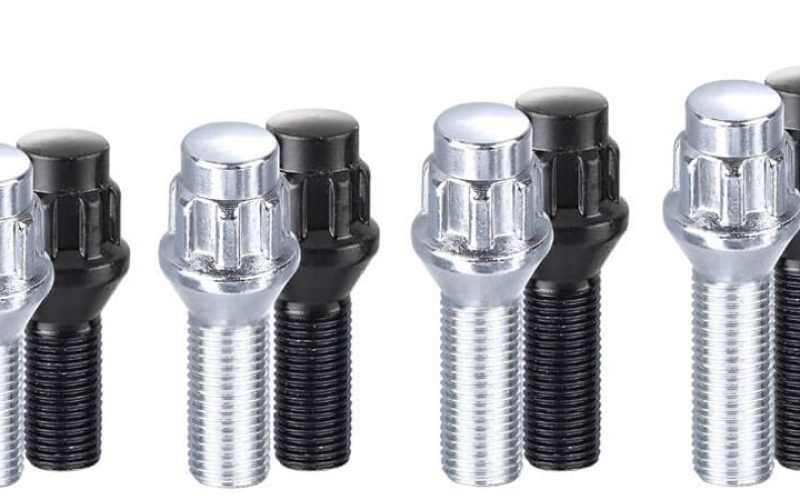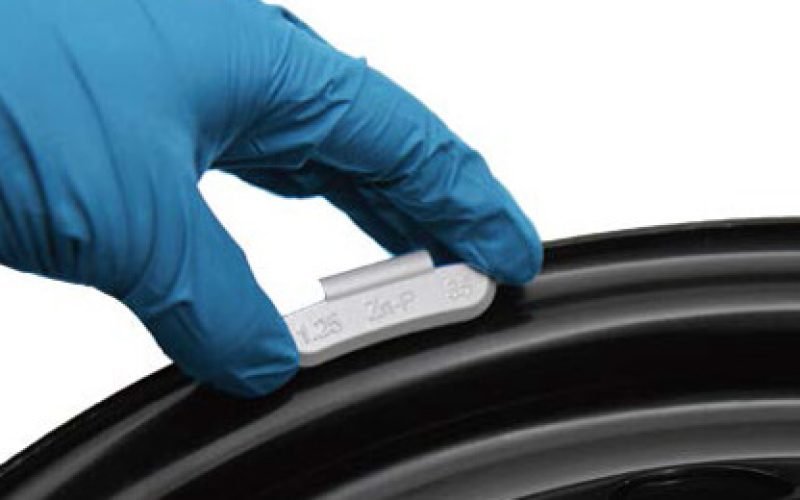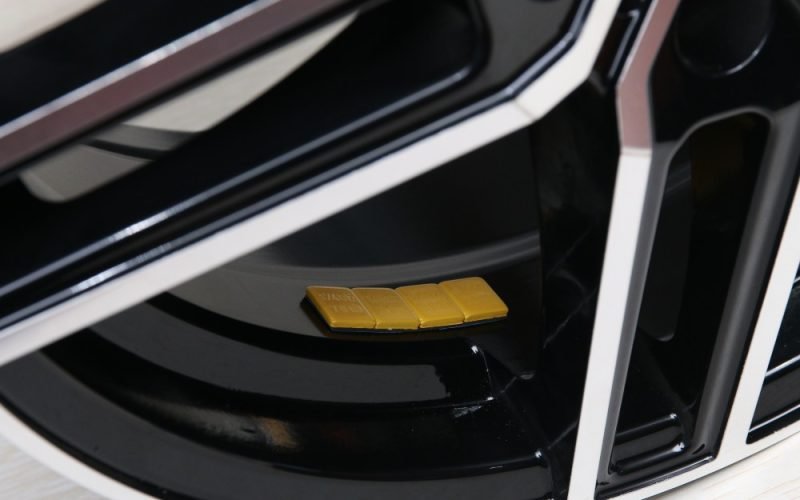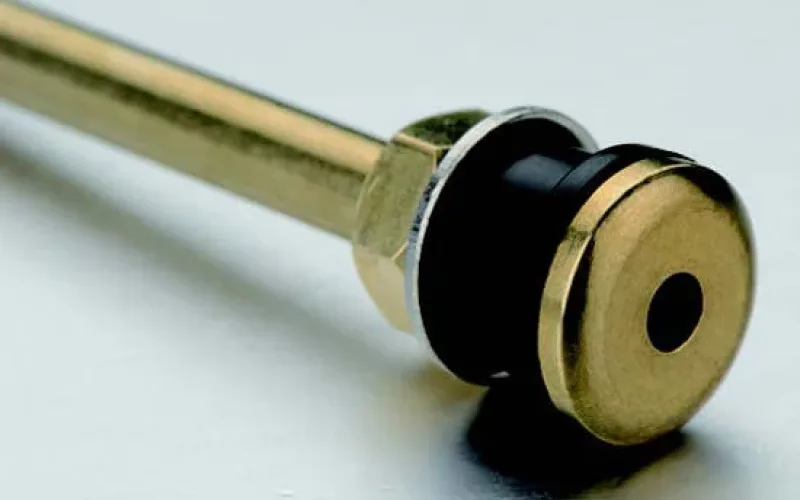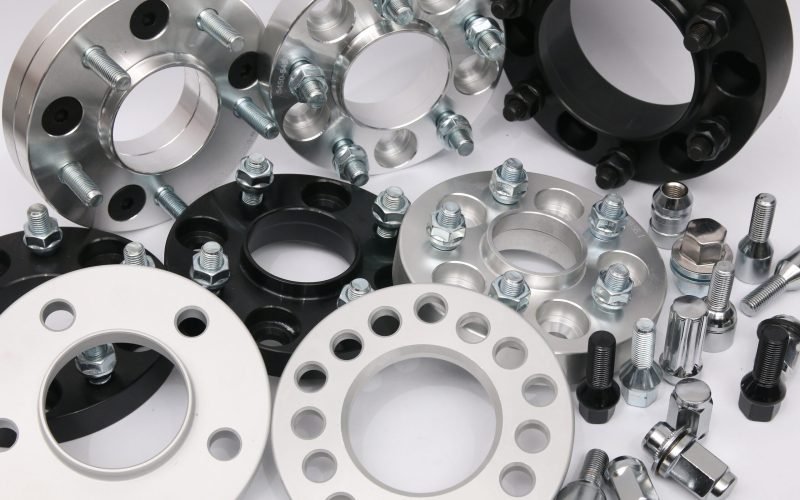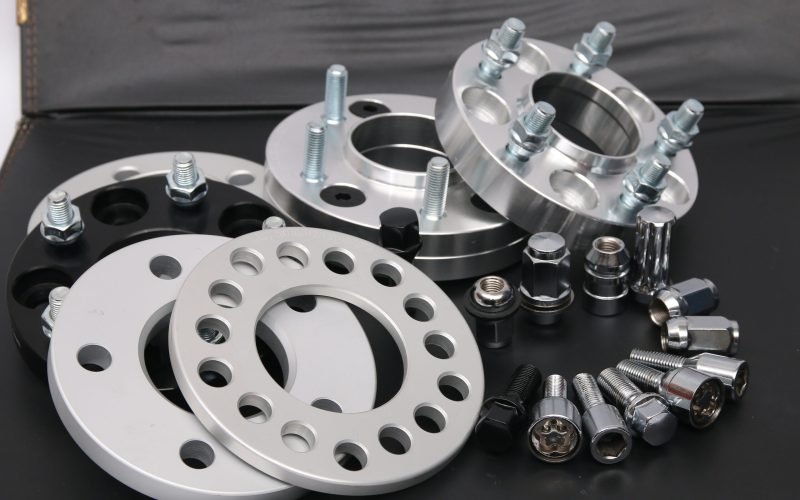

admin1
May 8, 2025
The Benefits of Using Steel Wheel Weights for Tire Balancing
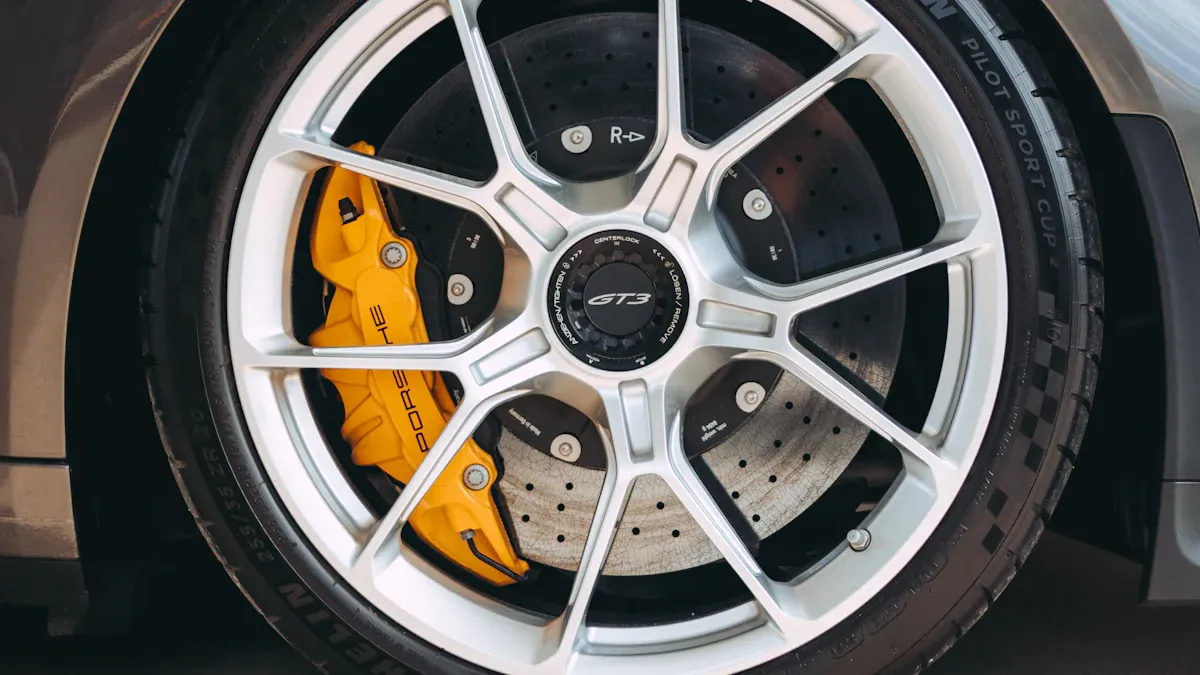
When it comes to tire balancing, steel wheel weights deliver unmatched performance and reliability. Their exceptional durability ensures they withstand harsh road conditions and last longer than traditional options. You can trust them to maintain balance, improve handling, and reduce vibrations for a smoother ride. Plus, they’re an eco-friendly choice, free from harmful lead, making them safer for you and the environment. Choosing steel wheel weights not only enhances your vehicle’s efficiency but also saves you money over time by minimizing wear and tear. Upgrade to a solution that truly works for you.
What Are Wheel Weights and Their Role in Tire Balancing?
The Purpose of Wheel Weights in Vehicle Maintenance
Wheel weights play a vital role in keeping your vehicle running smoothly. They counteract uneven weight distribution in the tire and wheel assembly, ensuring proper wheel balance. Without them, your tires can wobble or vibrate, leading to discomfort and reduced safety. Specialized machines detect these imbalances and recommend precise weight placements to restore equilibrium. By eliminating vibrations, wheel weights enhance stability and driving comfort, especially at higher speeds.
Maintaining wheel balance also protects your vehicle from unnecessary wear and tear. Properly balanced wheels reduce rolling resistance, which improves fuel efficiency and saves you money over time. Regular inspections and adjustments are essential because road conditions and tire wear can reintroduce imbalances. By prioritizing wheel weights in your vehicle maintenance routine, you ensure a safer, smoother ride and extend the lifespan of your tires.
How Proper Tire Balancing Enhances Safety and Performance
Tire balancing is more than just a maintenance task—it’s a key factor in your vehicle’s overall performance. Properly balanced tires eliminate vibrations that can compromise your driving experience. When wheel weights are correctly placed, they stabilize the vehicle’s center of mass, allowing for steady movement over bumps and curves. This stability translates to better handling and control, giving you confidence behind the wheel.
Balanced tires also contribute to improved fuel economy. By reducing rolling resistance, they help your vehicle move more efficiently, cutting down on fuel consumption. Additionally, balanced tires minimize stress on your suspension system, reducing wear and tear on critical components. Whether you’re navigating city streets or cruising on the highway, tire balancing with wheel weights ensures optimal performance and safety.
Why Steel Wheel Weights Are the Best Choice
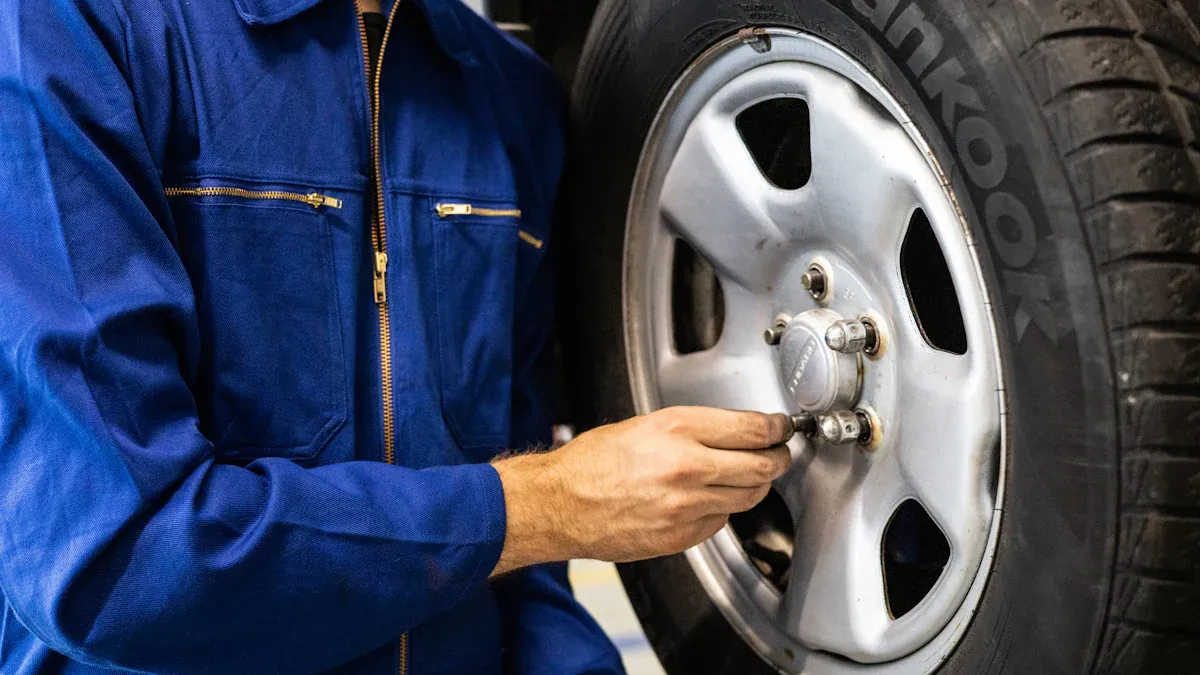
Comparison of Steel vs. Lead: Safety and Environmental Impact
Steel wheel weights offer a safer and more environmentally friendly alternative to lead. Lead has long been used in wheel weights, but its toxic nature poses serious risks to human health and the environment. When lead wheel weights fall off vehicles, they can contaminate soil and water, harming ecosystems and wildlife. Steel, on the other hand, is non-toxic and does not leach harmful substances into the environment. By choosing steel wheel weights, you actively contribute to reducing pollution and protecting natural resources.
Safety is another critical factor. Lead exposure can cause severe health issues, including neurological damage, especially in children. Steel eliminates these risks entirely. Its robust composition ensures it remains securely attached to your wheels, minimizing the chances of detachment during driving. This reliability enhances your safety on the road, giving you peace of mind every time you drive.
Industry studies back these claims, highlighting steel’s strength and durability. Steel wheel weights are recognized for their ability to withstand heavy-duty applications, making them ideal for vehicles that face tough road conditions. Their cost-effectiveness and eco-friendly nature further solidify their position as the superior choice for tire balancing.
Advantages of Steel Over Zinc and Other Alternatives
Steel wheel weights outperform zinc and other alternatives in several key areas. Zinc, while less harmful than lead, still poses environmental challenges. It can corrode over time, releasing harmful substances into the soil and water. Steel’s corrosion resistance ensures it remains intact, even in harsh weather conditions, making it a more sustainable option.
Durability is another area where steel shines. Steel weights are built to last, resisting wear and tear from road debris and extreme temperatures. Zinc and other materials often fall short in this regard, requiring more frequent replacements. By choosing steel weights, you save money in the long run and reduce the hassle of constant maintenance.
Steel also offers better performance in terms of weight distribution. Its precise manufacturing ensures accurate balancing, which translates to smoother rides and improved fuel efficiency. Automotive industry reports highlight steel’s preference in entry-level and mid-range vehicles due to its robustness and cost-effectiveness. Whether you drive a compact car or a heavy-duty truck, steel wheel weights deliver consistent results that enhance your driving experience.
Tip: Opt for steel wheel weights to enjoy a safer, more eco-friendly, and cost-effective solution for tire balancing. Their durability and reliability make them the best choice for any vehicle.
Key Benefits of Steel Wheel Weights
Durability and Resistance to Corrosion
Steel wheel weights are built to last. Their durability ensures they can withstand the toughest road conditions, from potholes to extreme weather. Unlike other materials, steel resists cracking, bending, and breaking, making it a reliable choice for long-term use. This resilience means fewer replacements and less hassle for you.
Corrosion resistance is another standout feature of steel wheel weights. Steel’s ability to endure environmental exposure without significant degradation makes it ideal for vehicles operating in diverse climates. Whether you’re driving through salty coastal air or snowy, slushy roads, steel wheel weights maintain their integrity.
Studies confirm steel’s superior performance under various conditions. For example:
| Study Title | Key Findings |
|---|---|
| Corrosion Rate Analysis of JIS G-3141 Steel | Atmospheric corrosion models show steel’s ability to resist environmental damage, ensuring long-lasting performance. |
Additionally:
- Protective coatings enhance steel’s resistance to rust and corrosion.
- Steel retains its mechanical properties even after prolonged exposure to harsh environments.
By choosing steel wheel weights, you invest in a product that delivers unmatched durability and reliability.
Eco-Friendliness and Lead-Free Composition
Steel wheel weights are an eco-friendly alternative to traditional materials like lead. Lead, once widely used, poses significant risks to the environment and human health. When lead wheel weights fall off, they contaminate soil and water, harming ecosystems. Steel eliminates this concern entirely. Its lead-free composition ensures safety for you and the planet.
Steel is also highly recyclable, making it a sustainable choice. Recycling steel uses 74% less energy compared to producing it from raw materials. In North America alone, over 70 million tons of steel scrap are recycled annually. This process conserves landfill space and reduces the need for mining, which disrupts landscapes and habitats.
| Evidence | Description |
|---|---|
| Energy Consumption | Recycling steel uses significantly less energy, reducing carbon emissions. |
| Recycling Volume | Millions of tons of steel are recycled each year, promoting sustainability. |
| Resource Conservation | Recycled steel minimizes mining, protecting natural resources. |
By opting for steel wheel weights, you actively contribute to a cleaner, greener future.
Cost-Effectiveness and Long-Term Value
Steel wheel weights offer exceptional value for your money. Their durability reduces the need for frequent replacements, saving you time and expenses. While the initial cost may be comparable to other materials, the long-term savings make steel the smarter investment.
The precise manufacturing of steel wheel weights ensures accurate balancing, which improves fuel efficiency. Balanced tires reduce rolling resistance, helping your vehicle consume less fuel. Over time, this translates to significant savings at the pump. Additionally, balanced tires experience less wear and tear, extending their lifespan and reducing maintenance costs.
Steel’s resistance to corrosion further enhances its cost-effectiveness. Unlike materials that degrade quickly, steel maintains its performance over time, even in challenging conditions. This reliability means fewer replacements and repairs, giving you peace of mind and more value for your investment.
Tip: Choosing steel wheel weights is not just a purchase—it’s an investment in quality, performance, and sustainability.
How Steel Wheel Weights Improve Vehicle Performance
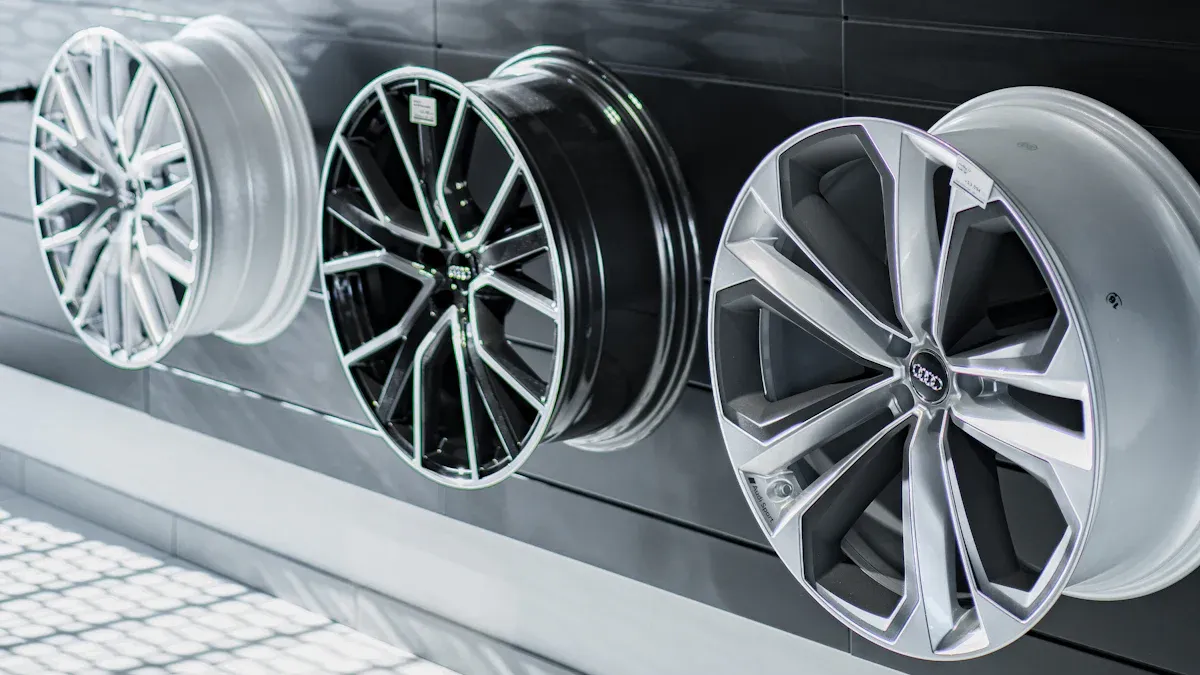
Contribution to Better Fuel Economy
Steel wheel weights help you save money at the pump by improving your vehicle’s fuel efficiency. When your tires are properly balanced, they roll more smoothly, reducing the energy needed to keep your car moving. This means your engine doesn’t have to work as hard, which translates to less fuel consumption. Over time, this small improvement can lead to significant savings.
Balanced tires also reduce rolling resistance, which is a major factor in fuel economy. Steel wheel weights ensure precise weight distribution, allowing your tires to maintain optimal contact with the road. This efficiency not only saves fuel but also reduces the environmental impact of your vehicle. By choosing steel wheel weights, you’re making a smart investment in both your wallet and the planet.
Tip: Regularly check your tire balance to maximize fuel savings and keep your vehicle running efficiently.
Enhanced Stability and Smooth Driving Experience
Steel wheel weights play a crucial role in giving you a smoother and more stable ride. By evenly distributing weight across your tires, they eliminate vibrations that can make driving uncomfortable. This balance enhances your vehicle’s stability, especially at higher speeds or on uneven roads.
- Improvements in traction and grip enhance vehicle stability.
- Optimized weight distribution increases tire contact with the road, improving grip in challenging conditions.
- Studies show that reducing wheel weight improves traction and stability, with a decrease in the total weight of wheels and tires from 6.15% to 5.28% of the car’s total weight.
- Consistent tire contact during sharp turns enhances cornering performance.
- Reduced vibrations minimize oscillations, leading to a smoother driving experience.
With steel wheel weights, you’ll notice better handling, improved cornering, and a more enjoyable ride. Whether you’re navigating tight turns or cruising on the highway, they ensure your vehicle stays steady and comfortable.
Reduced Wear and Tear on Tires and Suspension
Using steel wheel weights can significantly extend the lifespan of your tires and protect your suspension system. Properly balanced wheels reduce uneven tire wear, which can save you from costly replacements. In fact, balanced wheels can extend tire life by up to 40%, giving you more value for your investment.
- Balanced wheels reduce vibrations by as much as 50%.
- Ignoring wheel weights can lead to premature tire damage and reduced traction.
By minimizing vibrations, steel wheel weights also reduce stress on your suspension components. This means fewer repairs and a smoother ride for you. Choosing steel wheel weights is a proactive way to protect your vehicle and avoid unnecessary expenses.
Note: Regular maintenance and inspections can help you catch imbalances early, ensuring your tires and suspension stay in top condition.
Best Practices for Installing and Maintaining Steel Wheel Weights
Ensuring Proper Installation for Maximum Efficiency
Proper installation of steel wheel weights is essential to ensure they perform effectively and last longer. Following best practices during installation can help you avoid common issues like rim damage or improper balancing. Here’s a quick guide to help you get it right:
| Best Practice | Description |
|---|---|
| Weight Selection | Choose the correct weight to prevent rim damage and ensure proper function. |
| Tool Usage | Use a rubber-headed hammer to avoid scratching or denting the rim. |
| Balance Check | Perform a balance check after installation to confirm accuracy. |
| Surface Preparation | Clean the rim surface before applying tape-on weights for better adhesion. |
| Reference Guides | Use an OEM application guide to select the right weight style for your vehicle. |
By following these steps, you’ll ensure your steel wheel weights are installed securely and perform at their best.
Tip: Always double-check the balance after installation to avoid unnecessary vibrations or uneven tire wear.
Regular Maintenance and Inspection Tips
Maintaining your steel wheel weights is just as important as installing them correctly. Regular inspections can help you catch potential issues early and extend the lifespan of your tires and suspension. Here are some maintenance tips to keep in mind:
- Inspect all exposed areas of your wheels for cracks, corrosion, or wear.
- Clean your wheels thoroughly, especially the inner wheel of dual sets when the outer wheel is removed.
- Examine the entire wheel whenever you remove a tire to check for hidden damage.
- Tighten wheel nuts to the upper limit of 500 ft.-lb. and recheck tightness after 50 to 100 miles of driving.
These simple steps can save you time and money by preventing costly repairs and ensuring your vehicle stays in top condition.
Note: Regular maintenance not only protects your steel wheel weights but also enhances your overall driving experience.
Selecting the Right Steel Wheel Weights for Your Vehicle
Choosing the right steel wheel weights is crucial for achieving optimal performance and safety. Here’s a step-by-step guide to help you make the best choice:
- Vehicle Type and Model: Different vehicles require specific weights based on their design.
- Wheel Size and Weight: Match the weight to your wheel’s dimensions and mass for accurate balancing.
- Balance Accuracy Requirements: High-speed vehicles may need more precise weights for stability.
- Material of Wheel Weights: Steel is durable, eco-friendly, and cost-effective compared to lead or zinc.
- Installation Method: Decide between adhesive or clip-on weights based on your wheel’s surface.
- Brand and Quality: Opt for reputable brands to ensure reliability and compliance with industry standards.
By considering these factors, you can select steel wheel weights that perfectly suit your vehicle’s needs.
Tip: Consult your vehicle’s manual or a trusted professional to ensure you choose the right weights for your specific model.
Steel wheel weights stand out as the ultimate choice for tire balancing. Their unmatched durability ensures long-lasting performance, even under tough conditions. You’ll appreciate their eco-friendly, lead-free composition, which protects both your health and the environment. Plus, their affordability makes them a smart investment for your vehicle.
| Material Type | Cost | Durability | Weight | Environmental Impact |
|---|---|---|---|---|
| Steel | Affordable | Long-lasting | Heavier | Moderate |
| Zinc | Slightly higher | Less prone to corrosion | Lighter | Moderate |
| Composite | Premium | Varies | Lightweight | Eco-friendly |
By choosing steel wheel weights, you enhance your vehicle’s fuel efficiency, enjoy smoother rides, and reduce wear on tires and suspension. Follow proper installation and maintenance practices to maximize these benefits. Make the switch today and experience peace of mind with every drive.
Tip: Steel wheel weights are not just a purchase—they’re an investment in safety, performance, and sustainability.
FAQ
What makes steel wheel weights better than other materials?
Steel wheel weights stand out for their durability, eco-friendliness, and cost-effectiveness. Unlike lead, they are non-toxic and safer for the environment. Steel also resists corrosion better than zinc, ensuring long-lasting performance. Choosing steel means fewer replacements and better value for your money.
Tip: Opt for steel to enjoy a safer, more sustainable, and reliable solution for tire balancing.
Are steel wheel weights suitable for all types of vehicles?
Yes, steel wheel weights work for most vehicles, including cars, trucks, and SUVs. Their versatility and robust design make them ideal for various road conditions and driving needs. Always check your vehicle’s specifications to ensure compatibility.
How do steel wheel weights improve fuel efficiency?
Balanced tires reduce rolling resistance, allowing your vehicle to move more efficiently. Steel wheel weights ensure precise weight distribution, which minimizes energy loss and helps your engine work less. Over time, this leads to noticeable fuel savings.
Do steel wheel weights require special maintenance?
Steel wheel weights need minimal maintenance. Regularly inspect your wheels for damage or corrosion and clean them to maintain performance. Proper installation and periodic checks ensure they stay secure and effective.
Note: Routine inspections can prevent imbalances and extend the life of your tires and suspension.
Are steel wheel weights environmentally friendly?
Absolutely! Steel is 100% recyclable and free from harmful substances like lead. By choosing steel wheel weights, you reduce environmental pollution and support sustainable practices. Recycling steel also conserves energy and natural resources.
Emoji Reminder: 🌍 Choosing steel helps protect our planet for future generations!
